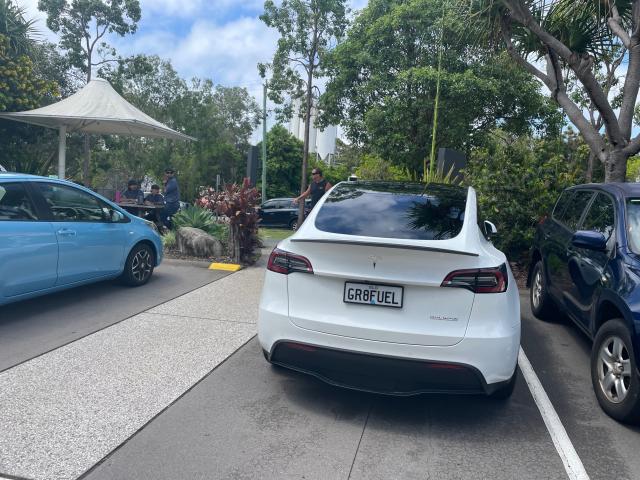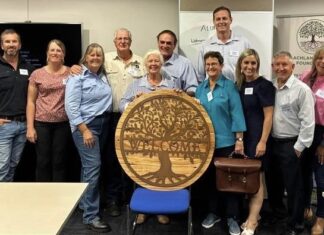For many years, electric vehicles have been considered a luxury that only the wealthy could afford.
Increased competition among manufacturers combined with the number of vehicles now on Australian shores has forced pricing on a downward trend, however, many Noosa residents remain unaware of other benefits which make purchasing an EV now more appealing to Queensland drivers than ever before.
A recent study found that the fuel savings alone on one particular electric SUV available in Australia valued at around $55,000, compared to its petrol-powered counterpart, would achieve a financial saving of around $31,000 over the lifespan of the vehicle. This study was based upon the EV being powered by a home battery of an off-grid home and an average fuel cost of $1.79 per litre.
It doesn’t factor in the variable cost of fuel or increasing costs which may be encountered, nor does it provide for the use of charging stations or at-home charger units in traditional homes without solar.
Additionally, since late 2022 employees on salaries have had the option of taking out a novated lease for an electric car or plug-in hybrid and pay using their pre-tax income, which alleviates the fringe tax benefits involved. This itself could save employees up to $4700 a year on a $50,000 vehicle, while employers would save nearly $9000 each year. This is a great way for mid to high income earners to viably reduce their taxable income while also reducing their everyday living costs.
Also, the Queensland Zero Emission Vehicle Rebate Scheme now provides eligible Queenslanders rebates of up to $6000 for eligible new Zero Emission Vehicles purchased from 21 April 2023. To be eligible for the maximum rebate, buyers must have purchased a new eligible Zero Emissions Vehicle up to the dutiable value of $68,000 including GST on or after 21 April 2023 and have a total household taxable income equal to or less than $180,000 per year.
Alternatively, buyers must have purchased a new EV up to the dutiable value including GST between 16 March 2022 and 20 April 2023 and have a total taxable income equal to or less than $180,000 a year. Queensland businesses are not able to receive the $6000 rebate but may still be eligible for the $3000 rebate.
All of this creates a very compelling argument for those looking to make a conscious and ethical choice to reduce their emissions and those simply looking to save costs on everyday expenses to take the plunge.
Are you interested in finding out more or joining Zero Emissions Noosa? Go to zeroemissionsnoosa.com.au








